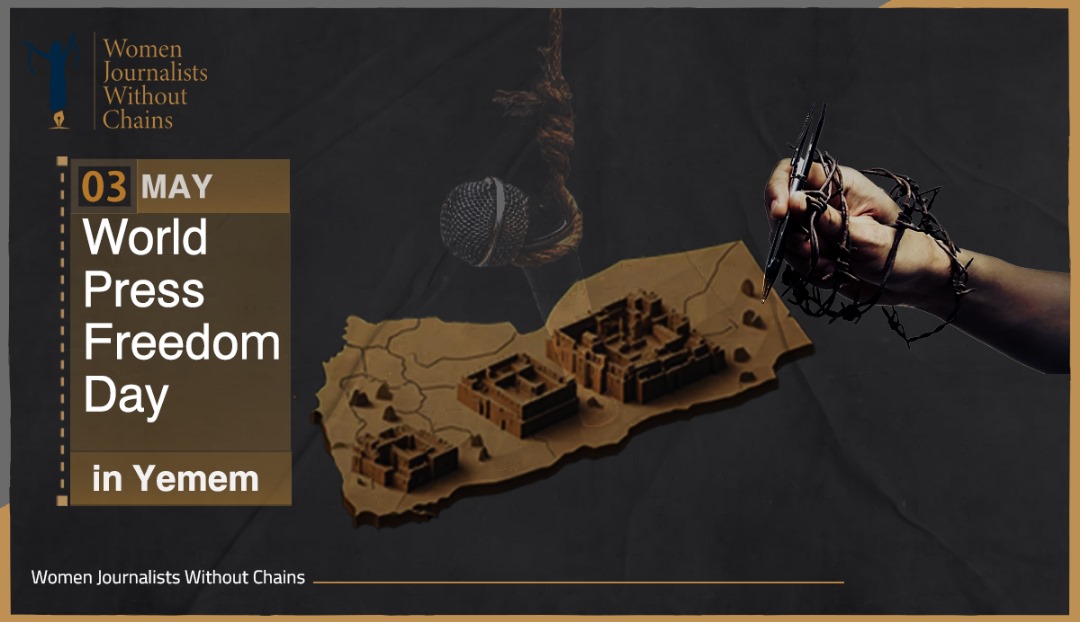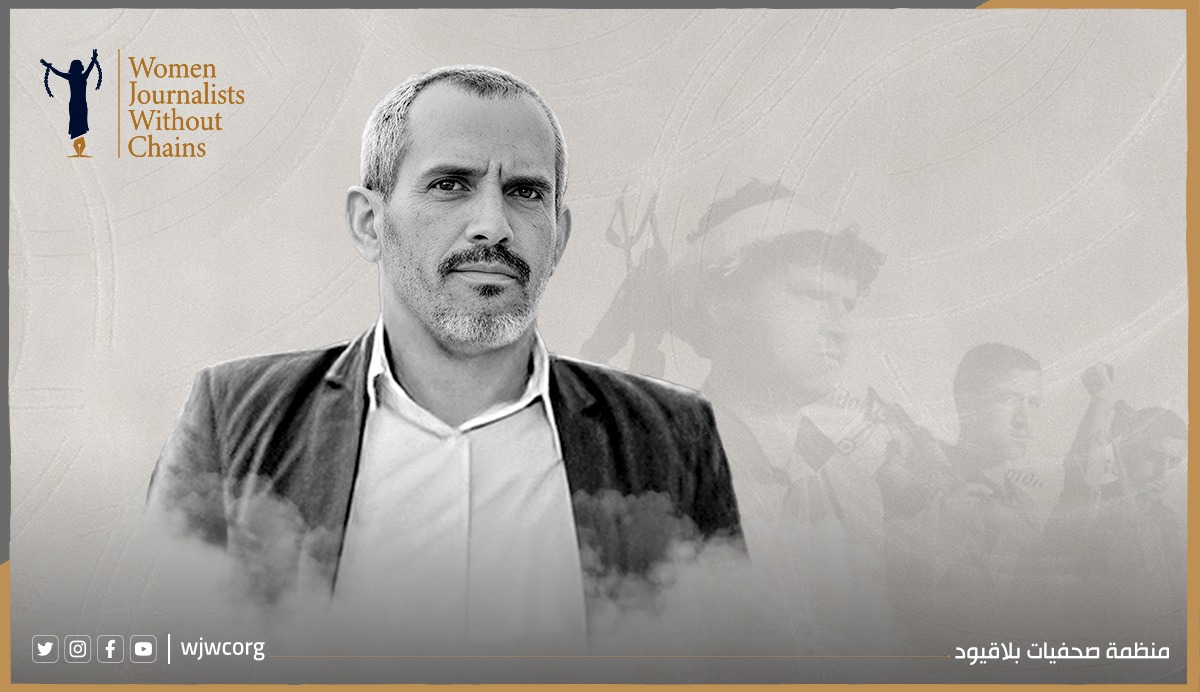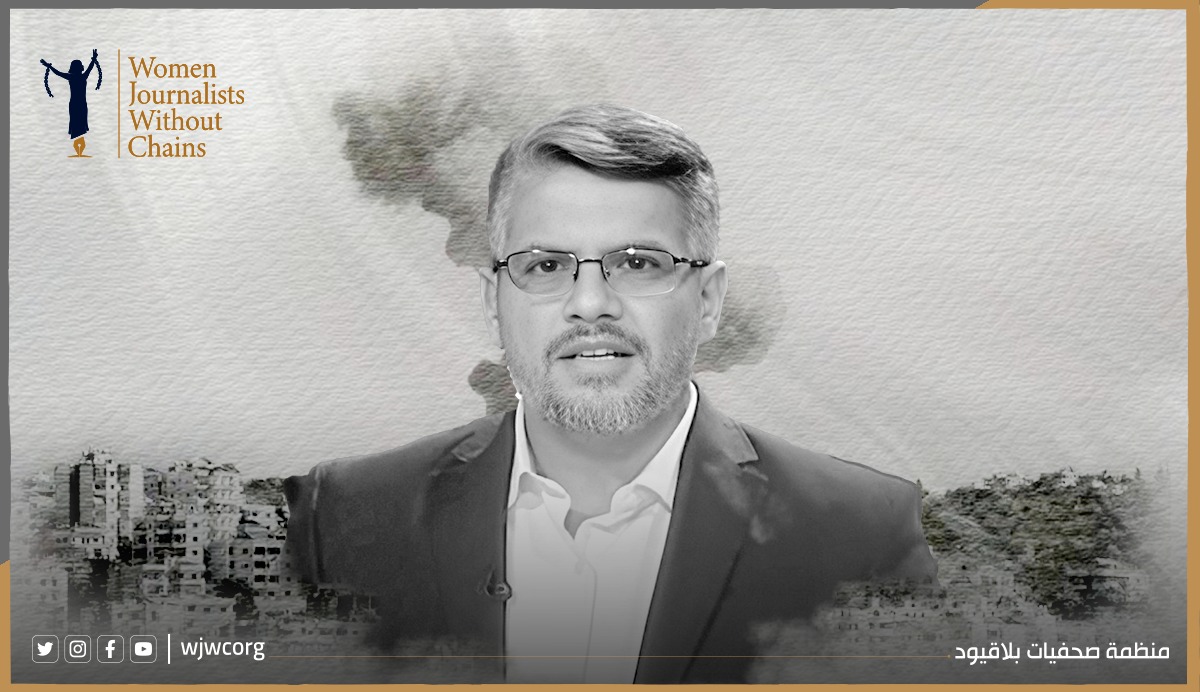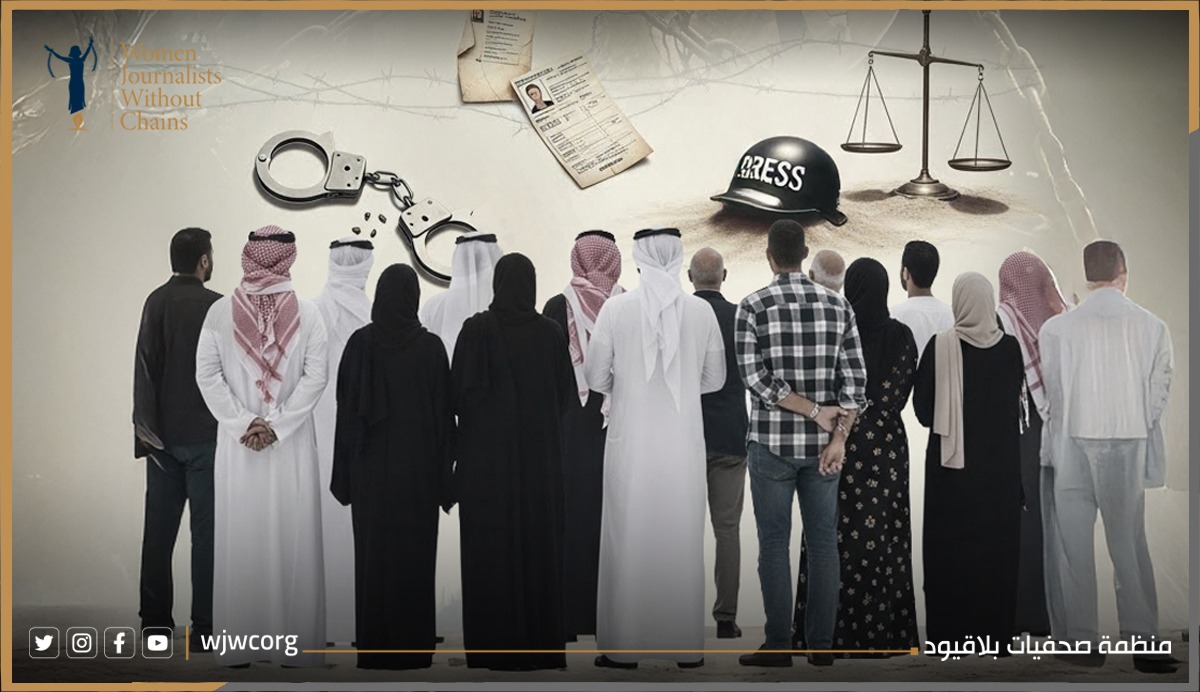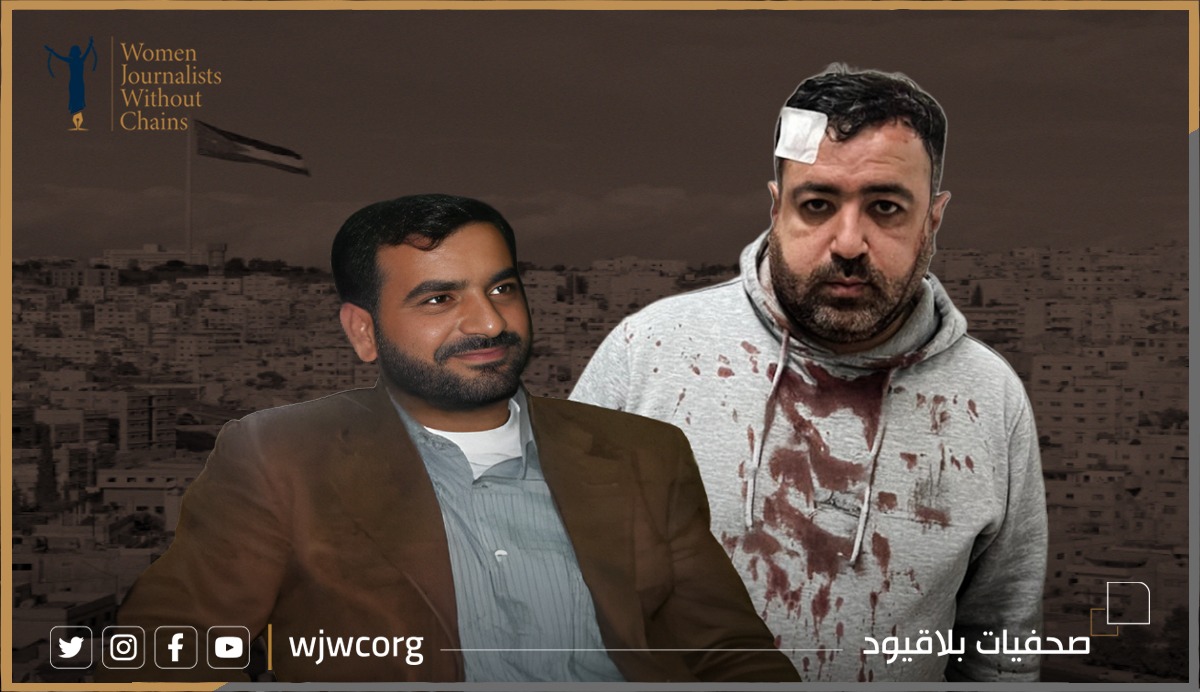Each year on May 3, the world marks World Press Freedom Day, a moment to recognize the achievements of journalists and honor their critical role in defending rights and freedoms.
Yet in Yemen, a nation mired in conflict for more than a decade, the day carries a far more somber meaning. It serves as a reminder of the grave violations and profound setbacks Yemeni journalists continue to endure.
Over the past ten years, journalists in Yemen have faced horrific abuses: murder, execution, arbitrary detention, enforced disappearance, persecution, and both physical and psychological torture. The scars of these violations remain visible today, as many journalists live and work under perilous conditions.
Since the eruption of war in September 2014, restrictions on the press have sharply intensified, decimating the media landscape. As a result, Yemen now stands as one of the most oppressive countries for press freedom, ranking a disheartening 169th out of 180 nations in the 2024 World Press Freedom Index, as reported by Reporters Without Borders.
Women Journalists Without Chains (WJWC) stresses the urgent need to shed light on the plight of Yemeni journalists, whose situation continues to deteriorate by the day. The organization calls on the international community to take immediate action to protect journalists in accordance with international laws and conventions, and demands accountability for those responsible for past violations, emphasizing that such crimes do not lapse with time.
WJWC further asserts that all parties to the Yemeni conflict, regardless of affiliation, have systematically targeted journalists to silence independent reporting. Journalists have been subjected to harassment, detention, and violence as part of a broader effort to suppress the truth.
Of particular concern is the ongoing impunity enjoyed by perpetrators. WJWC renews its call for the formation of an international commission to investigate the grave attacks on journalists committed over the past decade.
As of today, five journalists remain detained under inhumane conditions: Waheed al-Sufi, who remains forcibly disappeared, along with Nabil al-Seddawi, Mohammed al-Mayahi, Shaker Naser, and Ali Abu Luhoum. WJWC demands their immediate release and urges an end to the abuses they continue to suffer in militia prisons.
On this occasion, WJWC calls on all advocates of press freedom worldwide to stand in solidarity with Yemeni journalists, defend their rights, and intensify efforts to secure their release. The organization also publishes updated statistics, based on a decade of monitoring and documentation, underscoring the scale and severity of the violations committed against the press in Yemen.
Statistics on Violations (2014–2024)
According to the annual reports issued by Women Journalists Without Chains, 1,784 violations against journalists, media organizations, and media activists have been documented over the past decade. The recorded violations by year are as follows:
• 150 cases in 2014
• 255 cases in 2015
• 208 cases in 2016
• 250 cases in 2017
• 200 cases in 2018
• 103 cases in 2019
• 100 cases in 2020
• 287 cases in 2021
• 85 cases in 2022
• 71 cases in 2023
• 75 cases in 2024
Parties Responsible for Violations:
• Houthi militia: 1,008 violations
• Military and security forces affiliated with the internationally recognized government: 417 violations
• Security Belt Forces affiliated with the Southern Transitional Council: 162 violations
• Unknown individuals: 147 violations
• Arab Coalition forces: 26 violations
• Media outlets: 16 violations
• Terrorist organizations: 13 violations
• Two countries (including Egypt): 2 violations
Most Common Forms of Abuse:
• 421 cases of arrest, abduction, detention, and summons
• 165 cases of prosecution and trial
• 118 cases of physical assault
• 100 cases of incitement and defamation
• 31 cases of blocking news websites
• 37 cases of storming and looting media institutions
• 3 cases of bombing media facilities
• 51 cases of journalist killings
These figures reveal the systematic, widespread assault on the freedom of the press in Yemen—a grim reality that continues to endanger those committed to reporting the truth.
On this World Press Freedom Day 2025, WJWC appeals to all defenders of free speech and human rights to stand in solidarity with Yemeni journalists. The organization urges governments, international institutions, and civil society actors to intensify pressure to protect journalists, secure the release of detainees, and restore an environment where journalism can thrive free from fear. In marking this day, WJWC bears witness to the suffering, resilience, and unyielding determination of Yemeni journalists, whose courage in the face of relentless adversity continues to inspire.

 En
En  Ar
Ar 